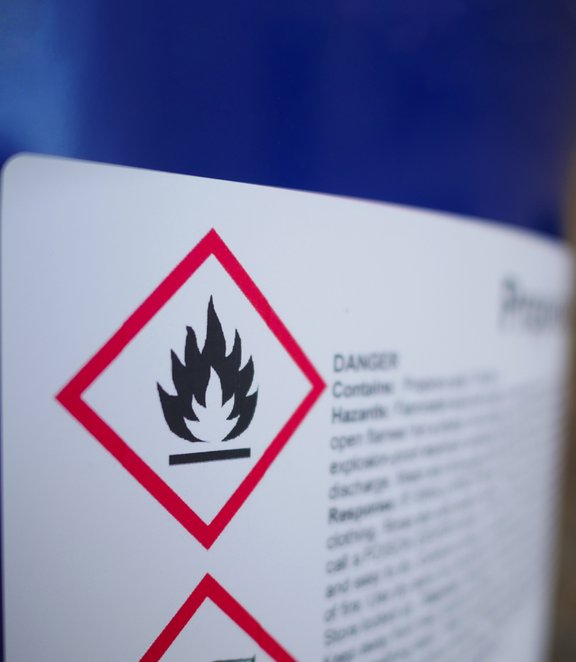Dangerous and Forbidden Goods
Sending all your goods safely across the world.

Each day, we deliver over 1.1 million items to 190 countries. To ensure getting your goods from A to B in a safe way, and to comply with international transport legislation, certain goods are restricted or even prohibited.
Be responsible Sending all your goods safely across the world
As the sender, you are always responsible for the content of your shipment. Items which are not compliant to the strict regulations may be destroyed or confiscated. Authorities can claim these costs or even decide to start legal proceedings. It is therefore important that you know what you can and cannot send internationally via the postal network. Spring (or any other postal carrier) cannot be held accountable for any damage or confiscation of your shipment if dangerous or forbidden goods are detected.
Forbidden Goods
In general, any item that poses a risk to general safety cannot be sent via the postal network. Below a list of examples is provided. For the most recent and up-to-date overview you can visit the website of IATA (International Air Transport Association). This is the International Air Transport Association which provides the Dangerous Goods Regulations (DGR).
Via the postal network you cannot send
- Explosives e.g., munition or fireworks
- Compressed gasses e.g., deodorant
- Flammable liquids e.g., petrol, cleaning detergents or perfume
- Flammable solids e.g., matches or incense
- Oxidising substances e.g., bleach or glue
- Toxic substances e.g., pesticides or parasites
- Radioactive substances
- Aggressive substances e.g., cleaning liquids or battery fluids
- Other dangerous goods e.g., magnets or loose lithium batteries
- Tobacco or other excise duty goods
- Any item that is forbidden by (local) law e.g., narcotics or weapons
- Hand gel with alcohol or ethanol
Dangerous Goods
Some items identified as “dangerous goods” may be sent via the international postal network under extremely strict conditions. Businesses shipping goods worldwide will have to obtain a prior consent, provide the proper documentation, and ensure proper packaging. As this varies per country of origin and per country of destination an online overview is not available. Please contact your local Account Team to get bespoke information.
Lithium batteries
Lithium batteries are a dangerous good. It is not allowed to send loose or used lithium batteries via the postal network. Under strict conditions new lithium batteries can be sent internationally. These conditions vary per country and transport mode, but in general the following rules apply:
- Lithium cells or lithium batteries which are built into the device should not be able to move or (fully) discharge during transportation, and should be securely packed
- The percentage of lithium cannot exceed 1 gram/20Wh per lithium cell or 2 grams/100Wh per lithium battery
- Per shipment a maximum of 4 lithium cells or 2 lithium batteries is allowed
- There should be no risk for overheating or a short circuit of the batteries
- The batteries cannot be used, damaged, or defected
- All batteries should be tested according to the UN (United Nations) Manual part III 38.3 On the website of IATA you can find the full and most recent rules and regulations.
More information
As the sender, you are always responsible for the content of your shipments. To ensure a smooth and safe international delivery process it is important that you are compliant to these international rules and regulations.
If you like to have more information or a bespoke advice concerning the shipment of your international mail, packets and/or parcels, then please feel free to contact us.
